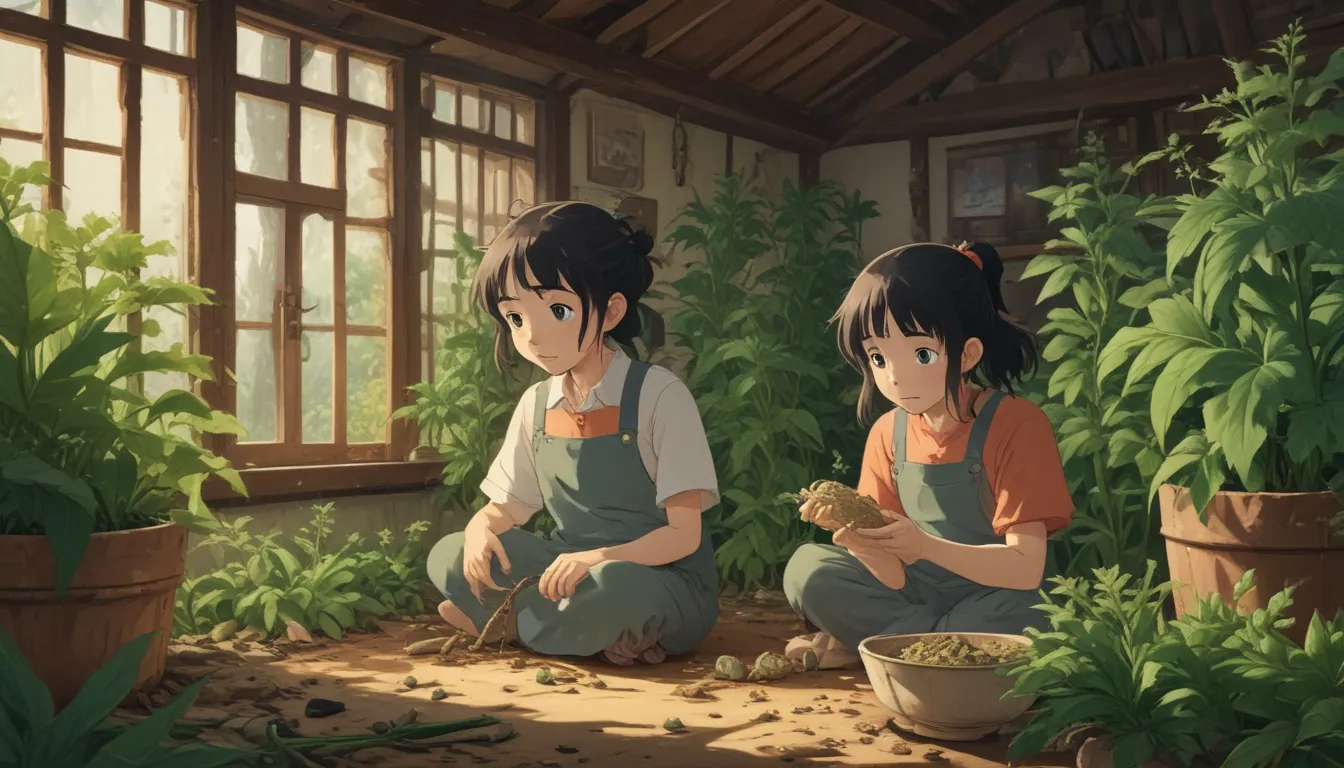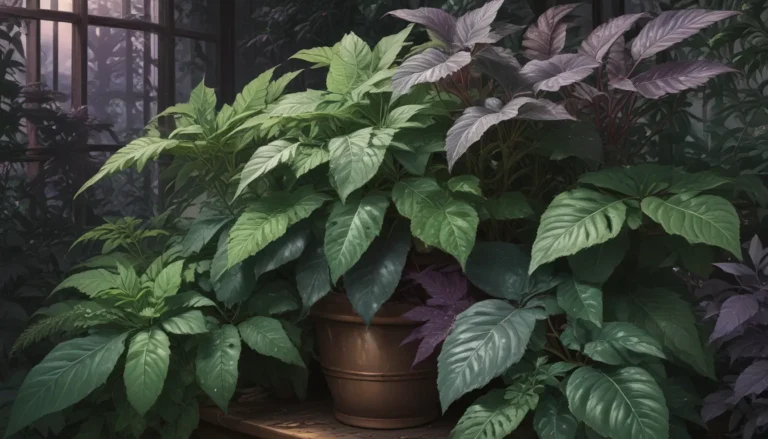The Complete Guide to Saving Okra Seeds for Planting

Okra, also known by its botanical name Abelmoschus esculentus, is a fantastic vegetable to grow in your garden. Not only is it easy to cultivate, but it also offers an abundance of produce from just a few plants. Moreover, you can save the seeds from your okra pods for planting in the next growing season.
Saving okra seeds is a sustainable gardening practice that comes with several benefits. In this comprehensive guide, we will cover everything you need to know about pre-planning, collecting, drying, and storing your okra seeds.
What You’ll Learn in This Guide
Before we dive into the specifics of saving okra seeds, let’s take a look at what you can expect to learn:
- Benefits of saving okra seeds
- Pre-planning for seed saving
- Collecting and drying the seeds
- Proper storage techniques
Benefits of Saving Okra Seeds
Aside from the obvious advantage of having a readily available supply of seeds for your garden, there are several additional benefits to saving okra seeds. Here are some of the key advantages:
-
Control Over Seed Quality: By saving your own seeds, you know exactly how old they are and can ensure their quality for future seasons.
-
Community Support: You can share your saved seeds with other gardeners who may not have access to high-quality materials, providing support to your local gardening community.
-
Variety Selection: Saving seeds allows you to choose the best-tasting or most suitable okra pods for replanting, based on your own preferences and growing conditions.
-
Sustainability: Seed saving is a sustainable gardening practice that reduces waste and promotes self-sufficiency in your garden.
Pre-Planning
To ensure successful seed saving, proper pre-planning is essential. Here are some key steps to consider before starting the seed saving process:
-
Selecting the Right Variety: Choose an open-pollinated variety of okra for seed saving, as hybrids may not produce true-to-type seeds in the next generation.
-
Timing: Ensure that your okra variety matures fast enough to allow some pods to fully ripen and produce viable seeds.
-
Plant Spacing: If you are growing multiple varieties, ensure that they are isolated from each other to prevent cross-pollination.
-
Storage: Plan ahead for proper storage of your seeds to maintain their viability for future use.
Collecting and Drying
When collecting okra seeds, follow these steps to ensure the best results:
-
Select Mature Pods: Choose pods from plants that produced the best-tasting edible okra for seed saving.
-
Drying Process: Hang mature pods to dry in a cool, dry place or place them on screens to air dry.
-
Seed Extraction: Once the pods are dry, remove the seeds by breaking them open and separating the chaff from the seeds.
-
Storage Preparation: Store the seeds in a clean, airtight container in a cool, dark place to maintain their viability.
Storage
Proper storage is essential to ensure the longevity of your okra seeds. Follow these tips for storing your seeds:
-
Container Selection: Use a clean, sealed envelope or airtight container with a lid to store your seeds.
-
Storage Conditions: Keep the seeds in a cool, dark location where they are protected from pests and moisture.
-
Viability: Okra seeds can remain viable for up to two to three years, but it’s best to use them in the following growing season for optimal germination.
-
Germination Test: If you plan to store seeds for longer periods, conduct a germination test before planting to ensure their viability.
Conclusion
Saving okra seeds is a rewarding and sustainable gardening practice that allows you to maintain control over your seed supply and promote biodiversity in your garden. By following the steps outlined in this guide, you can successfully save and store okra seeds for future planting.
Have you tried saving okra seeds before? Share your tips and experiences in the comments below. And if you found this guide helpful, be sure to check out our other resources on growing and caring for okra.
Happy gardening!





